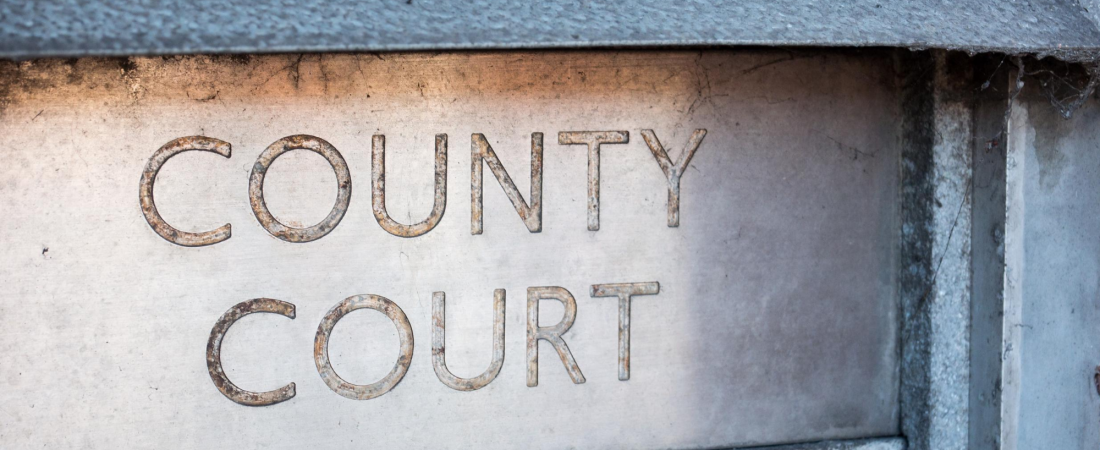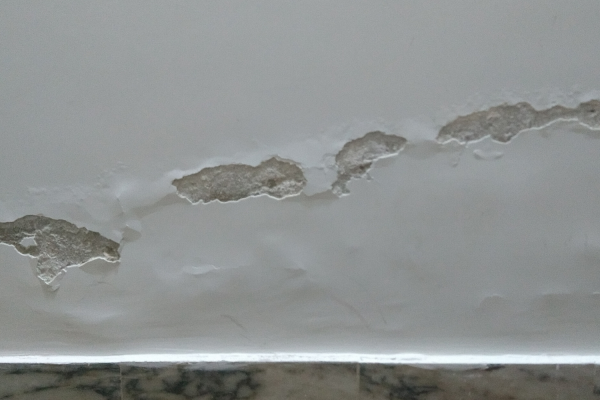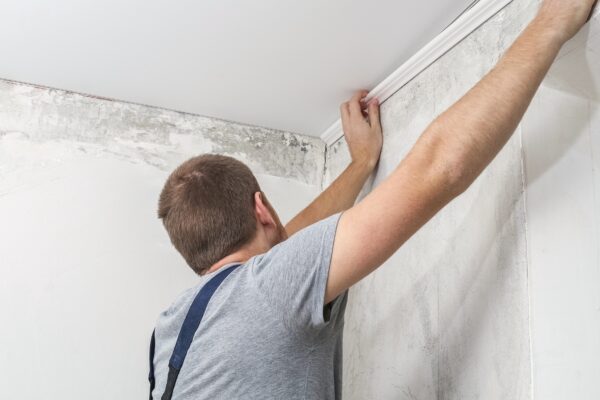This is a guide for tenants on the Homes (Fitness) Act (2018). To see the landlord guide, click here!
A quarter of privately rented homes are considered non-decent according to government guidelines.
In December 2018, new laws were passed to help tenants tackle non-decent housing when they encounter it. The new rules come into force on 20th March 2019 and will give tenants the ability to take a landlord to court if they fail to maintain the standard of the property throughout the tenancy.
The new rules, called the Homes (Fitness for Human Habitation) Act (2018), also introduce new standards for rented homes.
But it’s not clear that these new powers will be successful in helping tenants in unfit accommodation. The biggest stumbling block is the threat of eviction that hangs over any tenant who decides to sue their landlord.
Why Tenants Needed New Powers
Tenants have not always been able to fight non-decent housing when they encounter it.
They can request improvements from the landlord, and in the vast majority of cases, the landlord will carry these out. In fact, over 80% of tenants are happy with their accommodation.
But if the landlord refused to make the improvements, the tenant had to rely on Local Authorities to inspect the property and serve a notice compelling the landlord to carry out repairs.
Councils have not been able to do this effectively. In fact, 53 councils failed to prosecute any landlords in three years according to a Guardian investigation.
Why has property standards enforcement been lacking?
This lack of enforcement could be for three main reasons.
Firstly, councils have faced large budget cuts in recent years, so have fewer resources to police housing. They are, however, able to fine landlords huge sums, meaning that enforcing these powers could be self-funding — in theory at least.
Secondly, many tenants don’t know their rights or how to complain if things go wrong.
Finally, even when tenants do know their rights, they have been reluctant to report landlords for fear of souring their relationship with the landlord and even being evicted. There is some legislation to protect tenants from ‘retaliatory eviction’, but it is time-limited. It also does nothing to prevent putting stress on the tenant-landlord relationship.
What are the new powers for tenants?
From 20th March 2019, landlords must ensure that their properties are fit for human habitation for the duration of the tenancy.
What is the definition of fitness for human habitation? There are many criteria that the landlord must adhere to.
The Nine Original Considerations
Previous legislation already identified the following areas of consideration for a judge ruling on the fitness of a home.
- the building has been neglected and is in a bad condition
- the building is unstable
- there’s a serious problem with damp
- it has an unsafe layout
- there’s not enough natural light
- there’s not enough ventilation
- there is a problem with the supply of hot and cold water
- there are problems with the drainage or the lavatories
- it’s difficult to prepare and cook food or wash up
In addition to these nine, the new Act adds 29 other factors. These have essentially been copied-and-pasted from the pre-existing Housing Health and Safety Rating System that councils used to categorise hazards in the home.
The Additional 29 Considerations
- damp and mould growth
- excess cold
- excess heat
- asbestos and manufactured metal fibres
- biocides (chemicals that treat mould)
- carbon monoxide
- lead
- radiation (from radon gas, which is airborne or in water)
- uncombusted fuel gas (leaks in gas appliances)
- volatile organic compounds (chemicals which are gases at room temperature)
- crowding and space
- entry by intruders (such as not having a lock on your front door)
- lighting
- domestic hygiene, pests and refuse (including inadequate provision for disposal of waste water and household waste)
- noise
- food safety
- personal hygiene, sanitation and drainage
- water supply
- falls associated with bath or shower
- falls associated with stairs and steps
- falls on the level (danger of falling on a flat surface)
- falls between levels (danger of falling from one level to another, for example, falls out of windows)
- electrical hazards
- fire and fire safety
- hot surfaces and materials
- collision and entrapment
- explosions
- physical strain associated with operating amenities (i.e. very heavy doors)
- structural collapse and falling elements
Will the new powers actually help?
Maybe in some cases, but it seems likely that they will help better-off tenants with other housing options, without being much help for worse-off tenants whose only housing option is the PRS. Here’s why.
The three reasons that tenants have been facing difficulties are:
- Local Authorities’ poor enforcement record
- Tenants’ ignorance of their rights
- The threat of damaging the relationship with their landlord (and eviction)
What the new Act does is let tenants bypass the council (if they want to) and appeal to a court that can compel the landlord to make the repairs and award compensation.
That means over-stretched councils are no longer a blockage in the repairs pipeline.
But the other two reasons still exist: many tenants will not read this blog post. They will not find out they have these new powers.
Secondly, the new Act gives no protection against retaliatory evictions, and landlords who are taken to court may well prefer to find tenants who are less litigious. This will be a huge disincentive for tenants without a family home or social housing to rely on if they are evicted.
Finally, the Act brings in new hurdles. How many tenants will feel comfortable paying court fees, filling out forms and applying to a court? It’s quite likely that the complexity and expense will deter tenants from using the new powers. Much easier just to keep quiet and make do.
Roundup
It’s worth stressing again that the majority of rented housing is of good condition and the majority of landlords act on repairs during the tenancy.
This new legislation introduces a new standard of property maintenance, and gives tenants the option of suing their landlord if they fail to meet it. But without assurances that tenants won’t be evicted for complaining, it is hard to envisage a high proportion of tenants in unfit homes using these new powers.




I am trying to put a complaint into any organisation that can help me ensure the apartment I have left is in a suitable living standard. There was only one photo which was a true representation of the property, he expected me to go to help the new tenant with the cooker and boiler before giving me my deposit back a week after the deadline of holding it. The flat is unfit for living purposes including the boiler not being serviced since 2018, the ensuite shower stinks of raw sewage, you need a jug to flush the toilet which resulted in a £300 water bill (which I argued) and the shower head to run a bath as the taps don’t work.
Good afternoon
I am currently living in the UK in Brentford
Since August 2020. Post code (Tw8 9lf)
257 Brentford Manor Road.
My landlord has been controlling a heating and hot water.
Last night was minus -3 degreesee
I was freezing plus I am not well coz I do have got epilepsy.
Today is 31of December 2020./ i had sezuire.
My landlord names is Radoslav Andric.
Kindly regarding
Kasia